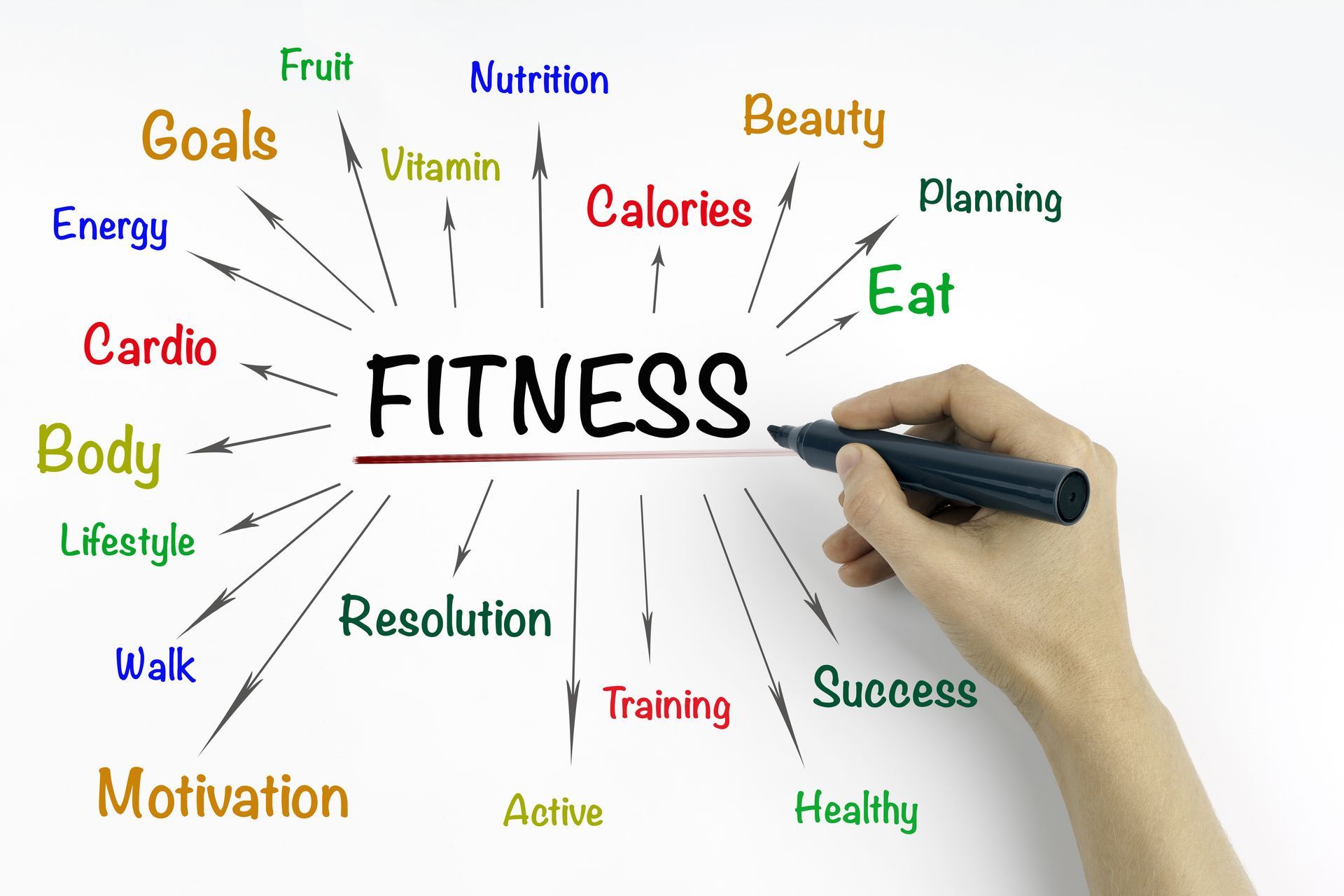Cut That Sugar
Easy on the sugar!!

Cut that Sugar!
Are you addicted to sugar or have a habit of having it every evening or after lunch? You aren’t alone; it’s a known fact that people crave sugar and salt.
Sugar is a “silent killer”. It should be considered a toxic substance just like alcohol and tobacco. It is one of the leading contributors to obesity, diabetes, dementia, hypo and hyperglycemia, heart disease and possibly feeding tumors. Rather scary isn’t it?!
Craving sugar is a real challenge most people face today, it becomes an addiction and it makes it so easy to fall of the wagon. Don’t get me wrong, moderation is always key and I’m always a believer in the occasional “treat”, but this needs to be achieved with consistently healthy eating and exercise habits. Everyone loves a reward, but ensure it’s earned and you have the mechanism to “burn it off” sometime after.
Here are some tips to help decrease your intake of sugar.
Eat more low-glycemic index foods (low sugar):
These provide the slower and more controlled release of sugar into the bloodstream. Thus preventing any spikes in your insulin and preventing that induced craving for more sugar (for that “boost”).
Substitute whole fruit for sweets:
Fruit contains fructose, which is metabolized differently than jelly sweets — and it’s still a satisfying treat. But be careful to restrict your intake to a few servings a day. Even too much of a good thing can be harmful as it could increased belly fat, which increases your chance of type 2 diabetes.
Eat more frequently:
Aim to eat 5 smaller meals a day, set a timer if you have to (2.5-3 hours after the previous meal). The thinking behind this is to ensure your body doesn’t get that dip in energy, which your mind then triggers, this “need” for sugar.
Clean House:
Get rid of any deserts in the house, especially the kitchen and even your work. Out of site, out of mind is something that will help. We can’t control every environment we are in but we want to control those we can.
Plan B:
If that sugar craving becomes uncontrollable, think proactively about what possible solutions will help you overcome them in advance. Eat a piece of fruit, exercise or go for a walk, listen to some music, call or text a friend, read, and meditate
“Knowing what we’re going to do ahead of time is what makes all the difference.”
Magnesium levels.
Research has shown a potentially significant relation between craving sugar (especially chocolate) with the deficiency in the mineral Magnesium. Get your dose from eating plenty of magnesium-rich dark leafy greens, tofu, legumes and nuts.
Chromium:
Chromium is a mineral required for normal blood sugar control and will support craving reduction. It is also needed for normal metabolism of carbohydrates, fats and proteins. Great sources of chromium are broccoli, sweet potato, oats, barley, free-range eggs, tomatoes and green beans.
Fat and Fiber:
Eat good fats and increase fiber; good fats taste full and rich, helping fend off the craving for sugars.
Good Fats – Avocados, Coconut Oil, Extra Virgin Olive Oil, Salmon, Walnuts, Chia seeds, Flaxseeds…
Fiber – Lentils, Kidney Beans, Edamame Beans, Raspberries, Blackberries, Avocado, Almonds, Sweet Potato, Parsnips…
Toothpaste: Say What!?
This sounds a bit strange but it’s another trick to try.
Brush your teeth after dinner – you really shouldn’t feel like having anything after that, it would just not taste anything like it should!

